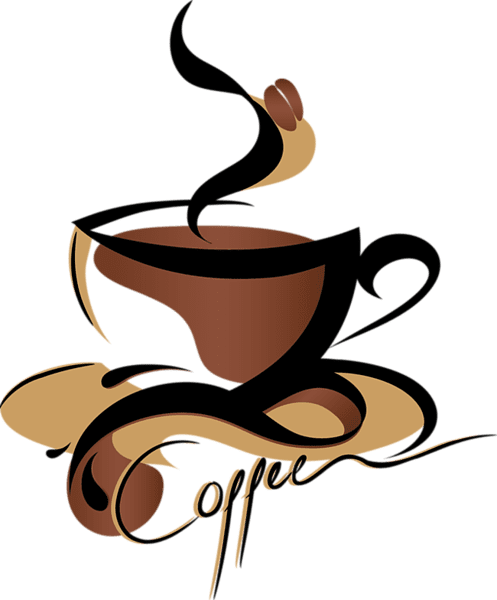Water everywhere but not a drop to drink?
As the title of this blog states “99% Water” that is what coffee is. 98 to 99 percent water! Not to be confused with a 1:15 ratio we talk about in How Much Coffee?
Most coffee aficionados can tell you a lot about the coffee bean, where its from, what its flavors are. They will tell you their method used to brew the coffee and as the last blog eluded to – the flavors added to coffee (before or after roasting and brewing). Most of these aficionados will then tell you they use tap water.
I get to travel a fair amount and there are some places I’ve been that the water is just plain old “NASTY”! That nasty is to my taste buds, the people who live there have become accustomed to that water and consider it normal. They might come to my house and tell me how nasty my water is.
With coffee being 99% water it would make sense that we need to start with a good water. Just as the beans will provide a different taste, the water will provide a different taste to the coffee. Most of the people I talk to about coffee use tap water, a few use bottled water. A few even say they use DI or RO water (more on DI and RO later).
Taste Test
Poor yourself a glass of water from your tap and taste it with the intent of tasting for chlorine, iron, and other chemicals. There are some chemicals that are good and helpful in brewing our coffee. There are a lot of chemicals which are added by the water treatment plant where you live . Next , try a bottled water and see if you can taste any difference. That difference in water taste is present in the brewed coffee, but slightly covered over by the bean flavor.
I’m fortunate and unfortunate with water where I live. My tap water comes from my own well. It is a fortunate thing in that I have easy and continual access to my water and I know what has been put in it. Unfortunate in that it’s not treated at a consistent level. Depending on which phase of my water treatment I’m in, my water will have varying tastes. Even with a good filtration system the taste varies. I’ve learned to accommodate for those variations and I know what to expect from my cup of coffee based on my water.
There are some chemical compounds in water that are beneficial in the brewing process. These beneficial chemicals help bring out the various desirable flavors of the bean. Other chemicals such as chlorine are detrimental to the bean and its flavors. We can eliminate the chlorine in the tap water through a good charcoal filtration system, other unwanted chemicals are not as easy to remove from the water.
DI/RO
The DI and RO waters are great filtered waters and typically have removed almost all of the bad chemicals. But the drawback is that they are so good at filtering that they remove the good chemicals and ions out of the water. This provides you with too pure of water that will not draw out the necessary compounds within the bean and thereby render the coffee flatter with very little body.
And in the end
Start with good water to make a good coffee. Who knows you may ditch the flavorings we talked about in the last blog.

